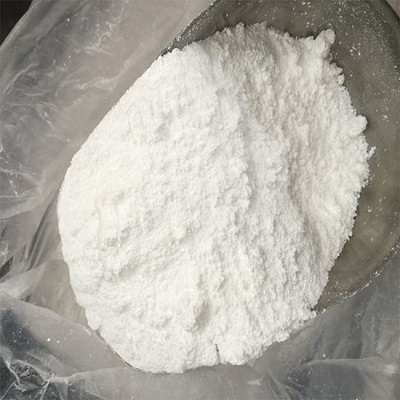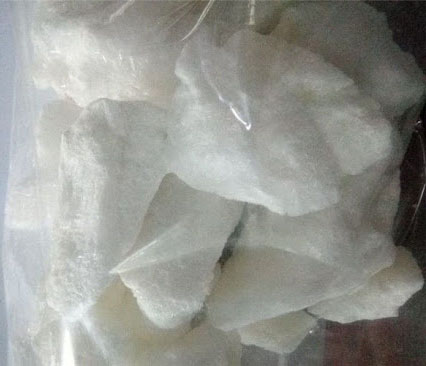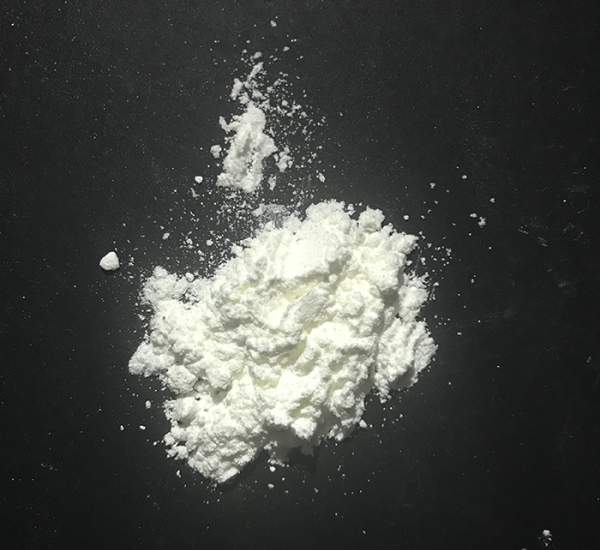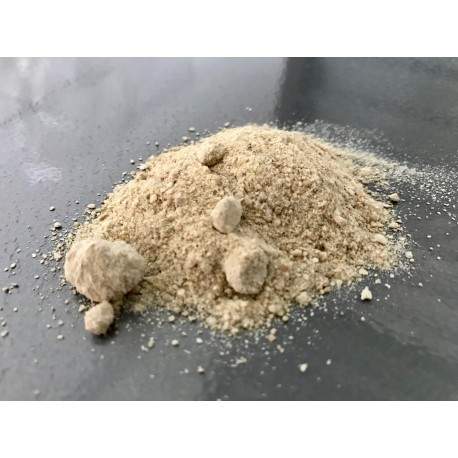Description
DPT (Dipropyltryptamine)
Dipropyltryptamine (DPT) is a synthetic compound that belongs to the tryptamine class of drugs. It is structurally similar to serotonin and dopamine, which are neurotransmitters involved in various physiological and psychological processes. DPT has been investigated as a potential therapeutic agent, but its use is limited due to potential risks and concerns. This document aims to provide a brief overview of DPT and its potential interactions with promethazine.
Chemical Structure
DPT is a substituted tryptamine that possesses a propyl group on the nitrogen atom. This structural modification distinguishes it from other forms of tryptamine, such as serotonin and melatonin.
Pharmacology
DPT exhibits hallucinogenic properties, similar to those of other psychedelic drugs such as LSD. However, its exact mechanism of action is not fully understood. It is believed that DPT interacts with serotonin receptors in the brain, particularly 5-HT2A receptors, to bring about its psychedelic effects.
Promethazine Interactions
Promethazine is a commonly use in antihistamine medication that belongs to the phenothiazine class. It is commonly use to treat allergies, nausea, and vomiting. Promethazine has been shown to have various pharmacological effects, including antiemetic, sedative, and antipsychotic effects.
While DPT and promethazine are often using in individually, there have been reports of their combined use. The combination of DPT and promethazine has not been systematically studied, and its potential interactions remain unknown.
Potential Risks
The recreational use of DPT is illegal in most countries due to its hallucinogenic effects and potential risks associated with its use. The risks associated with DPT include:
1. Psychological effects: DPT can lead to altered perception, hallucinations, and changes in mood and behavior. These effects can be unpredictable and can range from mild to severe.
2. Physical effects: DPT can cause increased heart rate, blood pressure, and body temperature. It can also affect coordination and balance, leading to accidents.
3. Psychological dependency: Regular use of DPT can lead to psychological dependency and addiction. Users may experience withdrawal symptoms when attempting to stop or reduce their usage.
4. Long-term effects: The long-term effects of DPT use on mental health and cognitive development are unknown.
Conclusion
In conclusion, DPT is a synthetic compound that exhibits hallucinogenic properties. Its interactions with promethazine have not been extensively studied, and any potential risks and benefits associated with their combined use are unknown. It is crucial to approach the use of DPT with caution and adhere to local laws regarding psychoactive substances.





Reviews
There are no reviews yet.